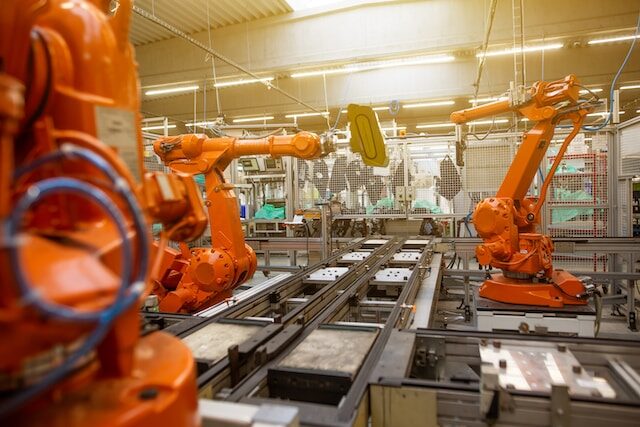In today’s fast-paced and highly competitive industrial landscape, the role of robotics system engineering has become increasingly vital. As automation continues to gain prominence, businesses are realizing the immense benefits that robotics can bring to their operations. From streamlining processes to improving efficiency and productivity, robotics system engineering is revolutionizing modern industries. In this blog post, we will explore the key role that robotics system engineering plays in shaping the future of various sectors.
Streamlining Operations through Process Automation
One of the primary roles of robotics system engineering in modern industries is streamlining operations through process automation. With advancements in technology, robots can now perform complex tasks with precision and accuracy. By carefully designing and integrating robotic systems into existing workflows, robotics system engineers enable businesses to automate repetitive and time-consuming processes. This leads to increased efficiency, reduced errors, and significant cost savings. From assembly lines to logistics operations, robotics system engineering has the power to transform industries.
Enhancing Safety and Ergonomics
Another crucial role of robotics system engineering is improving safety and ergonomics in the workplace. Industrial environments often involve hazardous tasks that can put workers at risk. Robotics system engineers work on developing and implementing robotic systems that can handle these dangerous tasks, reducing the likelihood of accidents and injuries. By taking over physically demanding or hazardous operations, robots not only protect human workers but also improve overall ergonomics, leading to better long-term health and well-being.
Optimizing Production Efficiency
Efficiency is a key factor in the success of any modern industry. Robotics system engineering plays a significant role in optimizing production efficiency by designing intelligent and adaptable robotic systems. These systems can analyze real-time data, make autonomous decisions, and adjust their performance accordingly. By continuously monitoring and optimizing production processes, robotics system engineering ensures maximum output with minimal downtime. This not only boosts productivity but also enables businesses to respond quickly to changing market demands.
Enabling Precision and Quality Control
In industries where precision and quality control are crucial, robotics system engineering offers invaluable solutions. Robots equipped with advanced sensors and vision systems can perform intricate tasks with unparalleled accuracy. Whether it’s manufacturing components or conducting quality inspections, robotic systems can consistently deliver high-quality results. Robotics system engineers play a key role in designing and calibrating these systems to meet stringent quality standards. By minimizing errors and defects, they help businesses maintain a competitive edge and build a reputation for excellence.
Driving Innovation and Future Growth
The role of robotics system engineering extends beyond the present and into the future of industries. As technology continues to evolve, robotics systems are becoming more sophisticated and capable. Robotics system engineers are at the forefront of this innovation, constantly pushing the boundaries of what is possible. Through research and development, they explore new avenues for automation, improved functionality, and increased efficiency. By embracing robotics system engineering, industries can stay ahead of the curve, drive innovation, and position themselves for future growth.
Conclusion
In conclusion, robotics system engineering plays a pivotal role in modern industries, revolutionizing operations, and driving growth. From streamlining processes and enhancing safety to optimizing production efficiency and ensuring quality control, the impact of robotics system engineering is far-reaching. As businesses continue to embrace automation and robotics, the demand for skilled robotics system engineers will only increase. By harnessing the power of robotics, industries can unlock new levels of efficiency, productivity, and innovation, paving the way for a successful future.

